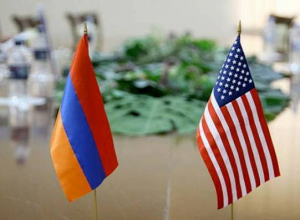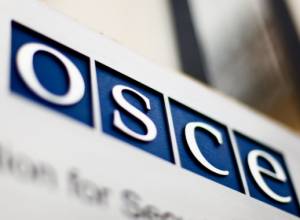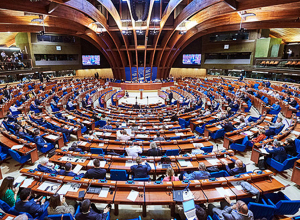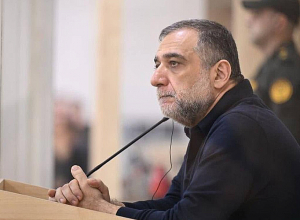Angela Merkel to Armen Sarkissian: We have unutilized potential in our relations (video)
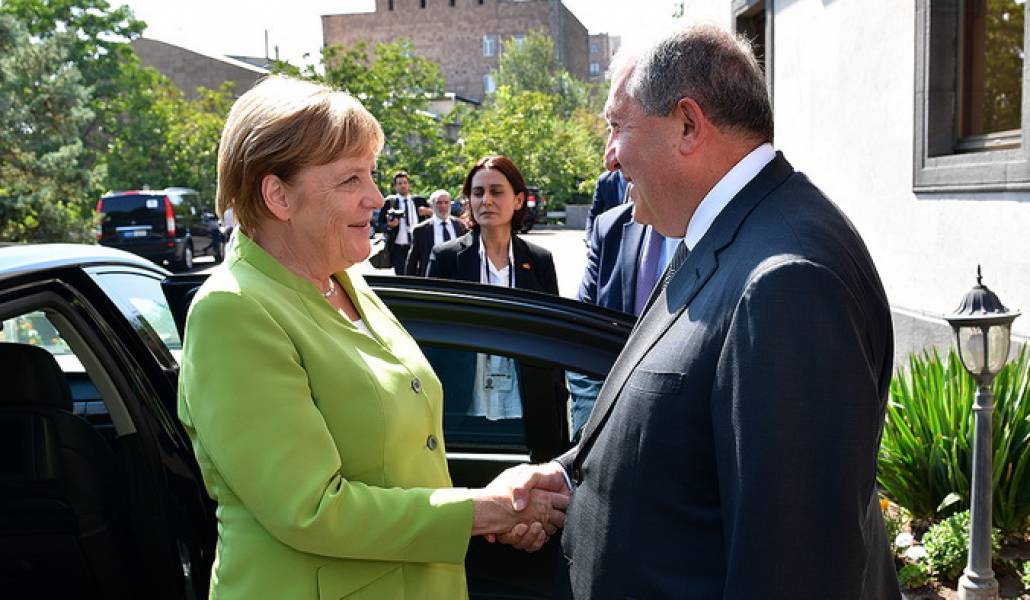
Armenian President Armen Sarkissian met with German Chancellor Angela Merkel, who is in Armenia on a state visit, at the Presidential Palace on August 24. The delegations of both countries participated in the meeting. After greeting Chancellor Angela Merkel and the German delegation, President Armen Sarkissian expressed confidence that this historical visit will open new horizons for the development of Armenian-German relations. This is the first official visit of Chancellor Angela Merkel to Armenia, but in the past she has been in Armenia. "I want to note with satisfaction that the Armenian-German relations are based on mutual understanding and deep trust. Germany is a very important partner for Armenia, but there is much room for expanding our cooperation in different spheres. And of course, I want to express my satisfaction for the recognition of the Armenian Genocide by Germany and also for the political support that we feel in our cooperation with the EU, since the Armenian-EU relations are very important for us," President Sarkissian said. Chancellor Angela Merkel expressed satisfaction and gratitude for being hosted in Armenia. "Dear Mr. Sarkissian, I am glad to be hosted in your country and I am glad for our meeting. Last year our countries marked the 25th anniversary of the establishment of diplomatic relations, and today we can summarize our relations as positive. I agree with you that we have unutilized potential in our relations and it should be used not only in political or economic spheres, but also in research and technological spheres. We wish to make our contribution to the reforms declared by Armenia and we attentively followed the changes and processes that took place in your country in spring. We are ready to cooperate in this difficult but important moment," she said. During the meeting the sides referred to the Armenian-EU cooperation, as well as to the opportunities of deepening bilateral relations in different spheres, including culture, education and science.
